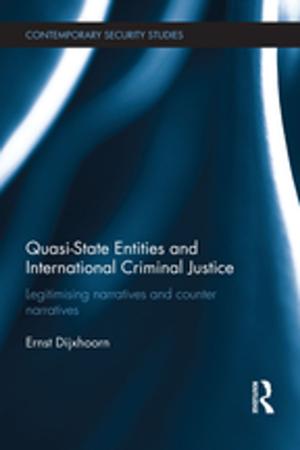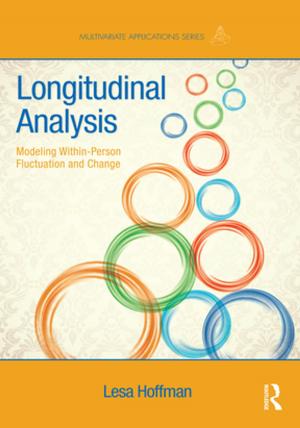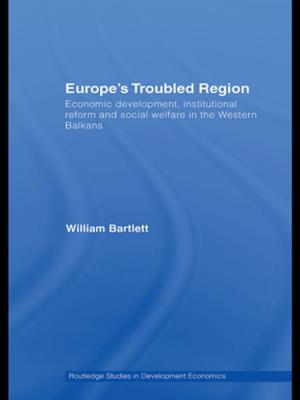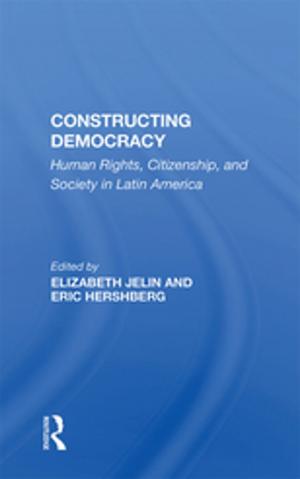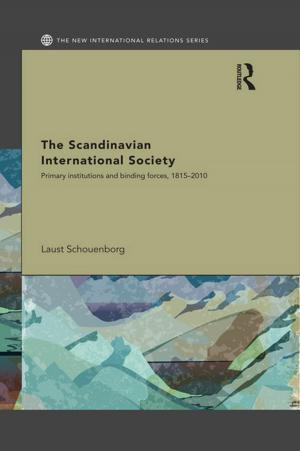Security Strategies, Power Disparity and Identity
The Baltic Sea Region
Nonfiction, Social & Cultural Studies, Political Science, International, International Relations| Author: | ISBN: | 9781351149501 | |
| Publisher: | Taylor and Francis | Publication: | November 30, 2017 |
| Imprint: | Routledge | Language: | English |
| Author: | |
| ISBN: | 9781351149501 |
| Publisher: | Taylor and Francis |
| Publication: | November 30, 2017 |
| Imprint: | Routledge |
| Language: | English |
What is power and how is it effective? This volume responds to these questions in terms of regional international relations with a particular focus on the Baltic Sea region, an area still charged with a residue of Cold War conflict and power disparity, in a setting of new cooperative ventures. Each contributor examines the region from a different angle and discusses how its actors coped with the new situation facing them after 1991. The volume looks at how governments have defined their new circumstances, how they have dealt with the opportunity to shift to a new mode of coexistence and collaboration, and how they have tackled the challenge of peacefully converting their region to a security community. The book breaks with tradition by adopting a new, thematic approach based on regional issues and functions rather than a country-by-country discourse. It will be of critical value to readers interested in security studies and European politics.
What is power and how is it effective? This volume responds to these questions in terms of regional international relations with a particular focus on the Baltic Sea region, an area still charged with a residue of Cold War conflict and power disparity, in a setting of new cooperative ventures. Each contributor examines the region from a different angle and discusses how its actors coped with the new situation facing them after 1991. The volume looks at how governments have defined their new circumstances, how they have dealt with the opportunity to shift to a new mode of coexistence and collaboration, and how they have tackled the challenge of peacefully converting their region to a security community. The book breaks with tradition by adopting a new, thematic approach based on regional issues and functions rather than a country-by-country discourse. It will be of critical value to readers interested in security studies and European politics.


